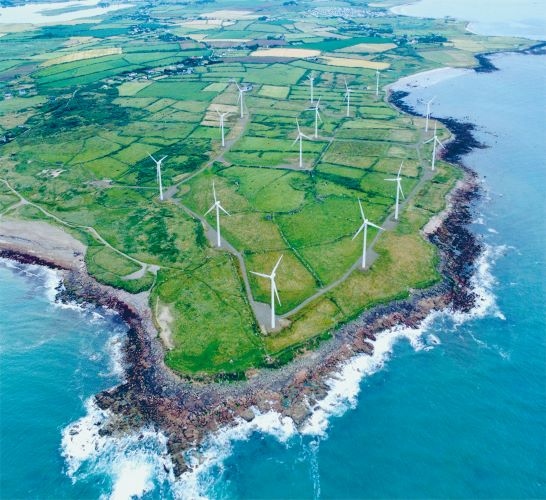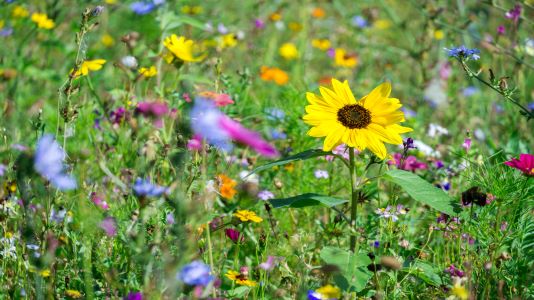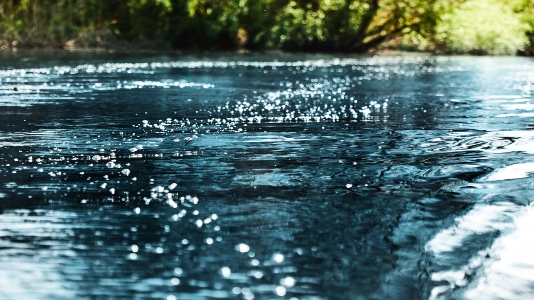Our approach to Biodiversity
Geoff Hamilton, our Sustainability Project Manager, gives an insight into the work we are undertaking to achieve a nature positive approach across our organisation.
Watch VideoOur goal is to be nature positive by 2030 and we are actively seeking to support nature restoration across our activities. Some of our key actions are highlighted below.
Geoff Hamilton, our Sustainability Project Manager, gives an insight into the work we are undertaking to achieve a nature positive approach across our organisation.
Watch VideoWe have partnered with Nature+Energy, a collaborative initiative to explore how land management at onshore wind farms can strengthen habitat quality, biodiversity and connectivity between people and nature.
Read the Blog
We have the statutory responsibility of managing, conducting and preserving fisheries throughout the River Shannon, Erne, Lee and Liffey catchments. We are committed to putting significant resources into the conservation of fisheries to ensure their accessibility and enhancing their amenity value. ESB fisheries’ role is part of our organisation’s larger, strategic goal: our commitment to Ireland’s environment and natural landscape; and engaging sustainability as our core value with particular focus on waterways and fish stocks.
More information on our fishery operations can be accessed through this website page here.
We aim to reduce, and ultimately eliminate, all emissions to the environment by:
• Upgrading our system for control of hazardous substances (CoHS) - integrating environmental risk, providing a mobile app for staff recording, and improving reporting systems.
• Restricting use of herbicides to situations of high safety-risk cases.
• Tracking and reporting on progress towards eliminating the use of creosote-treated poles and SF6 gas.

We are committed to using water efficiently and conscientiously in our premises and for electricity generation. We will do this by:
• Using metering and related technologies in all our premises to reduce potable water use by 10 per cent by 2028.
• Having water impact assessments for all major investments.
• Assessing the resilience of generating stations to water-related impacts of climate change.
